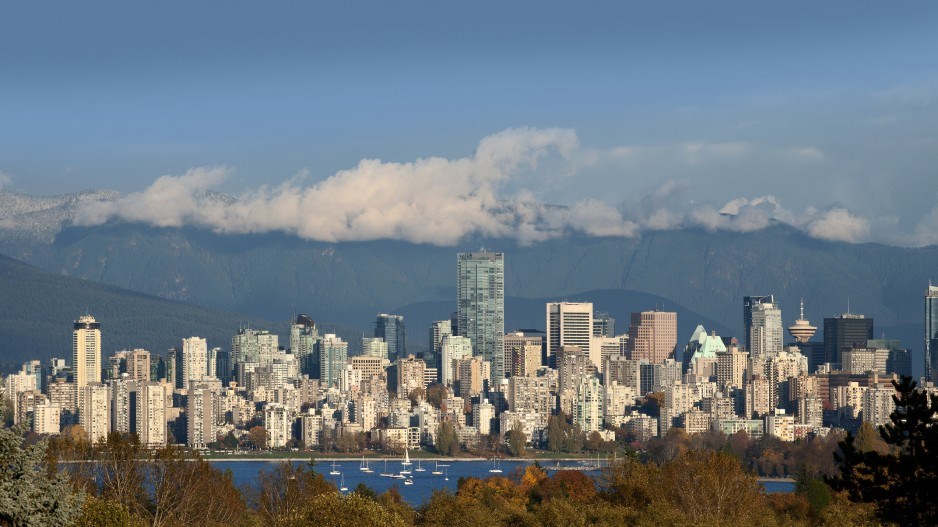It is well said that for every wicked and knotty problem, there is an easy solution – which is almost invariably wrong. A little known politician, gone many years, once said something I will always remember: “The denial of complexity is the essence of tyranny.”
That is usually true. The future is full of twists and turns and the brightest, shiniest ideas can have unintended consequences that end up making the world worse. So it is with great caution and humility that I advance a simple idea for sorting out the political unrest and disengagement enveloping the oncoming Vancouver civic election.
Certainly the underlying issues themselves are not easy. In a rapidly growing, rapidly changing city like ours, any given issue is so complex.
A short list: Density. Potholes. Broadway plan. Accountability. Transport. Affordable housing. Not enough cops. Rents too high. Too many cops. Taxes too high. Bike lanes, etc., etc. If there is a common bit of despair to all of these things in the minds of many it is this: “My voice isn’t heard, won’t be heard, what can you do?”
But maybe, just maybe, the decision making system itself is the problem, and there is an easy answer there.
We live in a representative democracy. That means we elect representatives to make most governmental decisions for us. Most people just don’t have the time or the information or the experience to pronounce on the details of public policy. (There is an exception for constitutional type or city changing matters – like hosting the Olympics for example - that should be put to a referendum, but that is a topic for another day.)
So the really important question becomes, how do we choose those representatives?
Currently we are invited to go into a voting booth, scan a list of over 90 names, and choose 11 of them – one Mayor, 10 Councillors. What chance have we of knowing much about them, or them knowing us?
This is known to political scientists as an “at large” system – no districts or constituencies. Minority views in smaller districts can be totally ignored in Council thinking.
This does not meet the challenge of making representative democracy work, i.e. to allow the electors to know who they are voting for, and the resulting Councillors to understand their constituents.
Former Mayor Mike Harcourt recently described our city as a “community of communities” – different areas have different needs and different views. Those all need representation. But Vancouver has become so large that it would take some Einsteinian genius with the heart of Mother Theresa to understand it all.
The extremely rare “easy answer” I mentioned at the opening? Go back to what used to be called a “ward system” in Vancouver until it was abolished in a referendum with 20 per cent turnout in the Great Depression almost 90 years ago. (You can find an excellent description of the weird politics that led to this by Manson and Black in the B.C. Political Studies Association.)
These days we call this the eminently sensible “district” or “constituency” system used by every other large city in Canada, as well as the federal and all provincial elections. Local voices deserve local (and vocal) representation.
Fourteen districts in Vancouver would mean about 40,000 voters per constituency and since in practice only about 40 per cent of us vote, say 16,000 actual ballots. There is a decent chance that with that small number, some of us might actually know our Councillor or that he/she might know us. Just imagine!
The idea was narrowly defeated in a 2004 referendum (notwithstanding a recommendation in its favour by Tom Berger, engaged by the City for this purpose). There would have been 14 districts, each with its own voice on Council. Today we have advanced. A 2020 poll by Research Co. found a majority of citizens now support this idea.
So my advice to Vancouverites – vote for the municipal candidate who is in favour of this change to a better way of choosing the representatives who make our decisions. All kinds of policy questions are important. But this constitutional one is the key to sorting the rest of the issues out in a way that better represents our community of communities.
Gordon Gibson is a columnist, author and former BC Liberal MLA and party leader.




